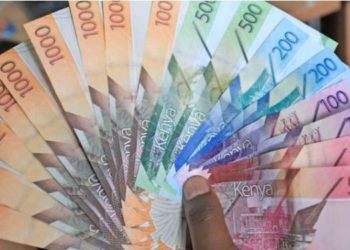Kenya has emerged as a global leader in mobile banking, with platforms like M-Pesa revolutionizing financial transactions and economic activities. Since its launch in 2007, mobile banking has significantly transformed Kenya’s economy by improving financial inclusion, enhancing business operations and driving economic growth.
One of the most significant impacts of mobile banking in Kenya is financial inclusion. Before mobile banking, a large portion of the population lacked access to formal banking services, particularly in rural areas. Mobile banking solutions like M-Pesa, Airtel Money and T-Kash have bridged this gap by allowing individuals to save, send and receive money through their mobile phones. This has empowered millions of Kenyans who previously relied on cash transactions and informal financial systems. Safaricom recorded 34.0 mn Kenyans using M-Pesa as of November 2024.
Mobile banking has also transformed the business landscape in Kenya. Small and medium-sized enterprises (SMEs), which form the backbone of Kenya’s economy, now rely on mobile payments for transactions. Mobile money services allow businesses to receive payments instantly, reducing reliance on cash and improving security. Additionally, mobile banking platforms have introduced digital credit services, such as M-Shwari and KCB M-Pesa, enabling small businesses to access loans without traditional bank accounts or collateral. This has fuelled entrepreneurship, job creation and economic expansion.
The widespread adoption of mobile banking has accelerated Kenya’s transition towards a cashless economy. Digital payments are now common in retail shops, public transport and even government services. With mobile money, Kenyans can pay bills, buy goods and access services without handling physical cash. This has increased efficiency, reduced cases of theft and fraud, and strengthened the overall financial system. The COVID-19 pandemic further boosted mobile transactions as people sought safer, contactless payment methods.
The Kenyan government has also benefited from mobile banking solutions. Mobile money services have made tax payments more accessible, increasing government revenue collection. Platforms like eCitizen allow citizens to pay taxes, fines and license fees conveniently via mobile money. This has improved compliance and reduced corruption in revenue collection processes.
Mobile banking has significantly transformed Kenya’s economy by improving financial inclusion, supporting businesses and facilitating digital payments. As technology continues to evolve, mobile banking is expected to play an even greater role in Kenya’s economic growth, further enhancing financial accessibility and efficiency.















